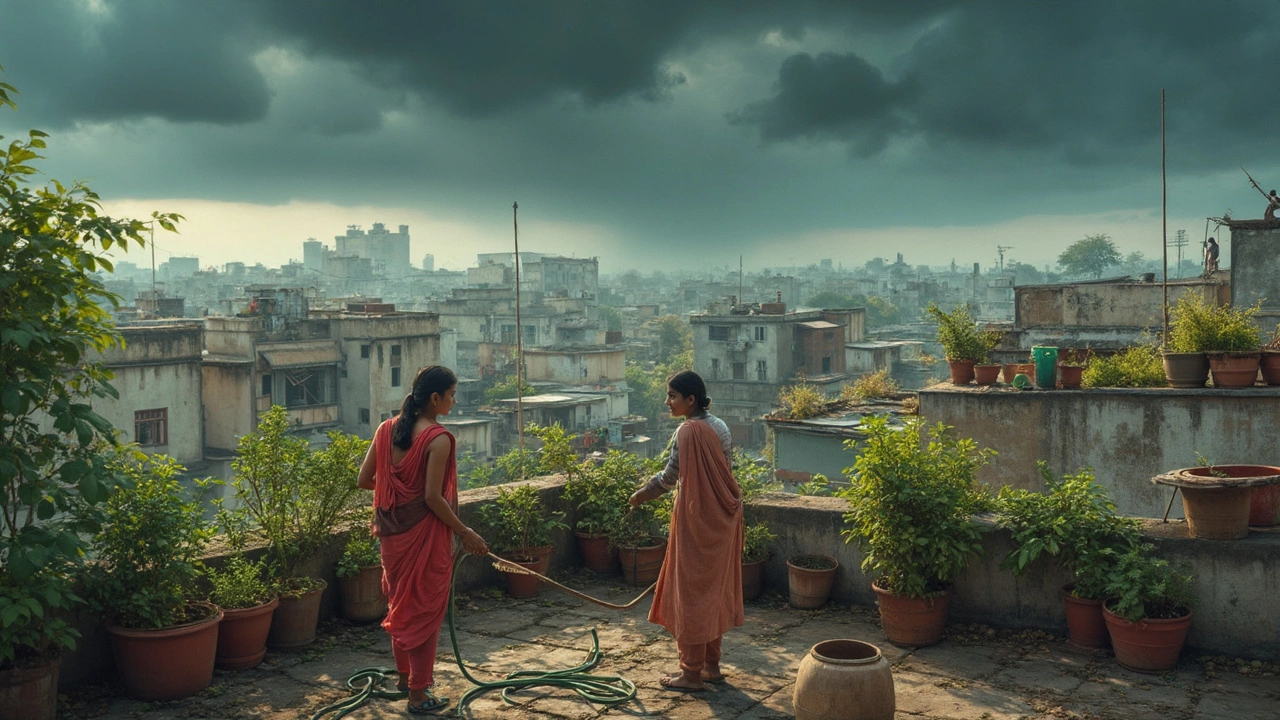Terrace houses seem perfect for a rooftop garden, but there are real downsides nobody talks about. Discover practical drawbacks, from tricky maintenance to neighbor disputes. Learn how weather can wreak havoc and why safety takes center stage. This article will break down common issues, offer workarounds, and help you decide if terrace gardening is worth your effort. It’s not all sunsets and strawberries up there!
Gardening Cons: Common Mistakes and How to Avoid Them
When you hear gardening cons, the hidden pitfalls that trip up even experienced gardeners. Also known as garden errors, these are the quiet killers of plants—not the flashy diseases or pests, but the everyday choices that slowly choke your garden’s potential. It’s not about having the fanciest tools or the biggest plot. It’s about avoiding the small, repeated mistakes that add up. You water too much because you’re worried, plant in the wrong sun because it’s convenient, skip soil prep because it’s messy. And then you wonder why your hydrangeas look sad or your drip lines clog every month.
One big garden soil improvement, the process of making dense, heavy soil workable for roots. Also known as soil amendment, it’s the foundation of everything else. If your soil’s like clay cement, no amount of fertilizer or fancy plants will save you. Posts here show you exactly what to mix in—compost, perlite, leaf mold—to turn that brick into something that breathes. Another hidden con? drip irrigation problems, the silent failures in automated watering systems. Also known as clogged emitters, they’re not just annoying—they’re wasteful and deadly to plants that need steady moisture. You think drip systems are set-and-forget? Think again. Clogs, uneven flow, and sun-baked tubes ruin more gardens than bugs ever could.
And then there’s the balcony garden trap. You buy a beautiful plant, put it on your east-facing rail, and expect magic. But balcony garden errors, mistakes made when growing plants in small, exposed urban spaces. Also known as container gardening blunders, they’re everywhere. Too-small pots. Heat-baked surfaces. Afternoon sun that fries roots. No one tells you that a pot on a concrete balcony can hit 50°C in summer. That’s not gardening. That’s plant torture. These posts don’t just list problems—they show you how to spot them before it’s too late, and how to fix them with cheap, simple fixes.
What you’ll find below isn’t a list of ‘don’ts’—it’s a guide to thinking like a gardener. Not someone who follows rules, but someone who watches, adjusts, and learns from what’s actually happening in the dirt. You’ll see why rabbits target zinnias, why rice can’t regrow, why styrofoam in veggie beds is a gamble, and how to stop overwatering before your houseplant turns to mush. These aren’t random tips. They’re the real, messy, everyday cons that make or break a garden—and the fixes that actually work in Indian homes, balconies, and small plots.
